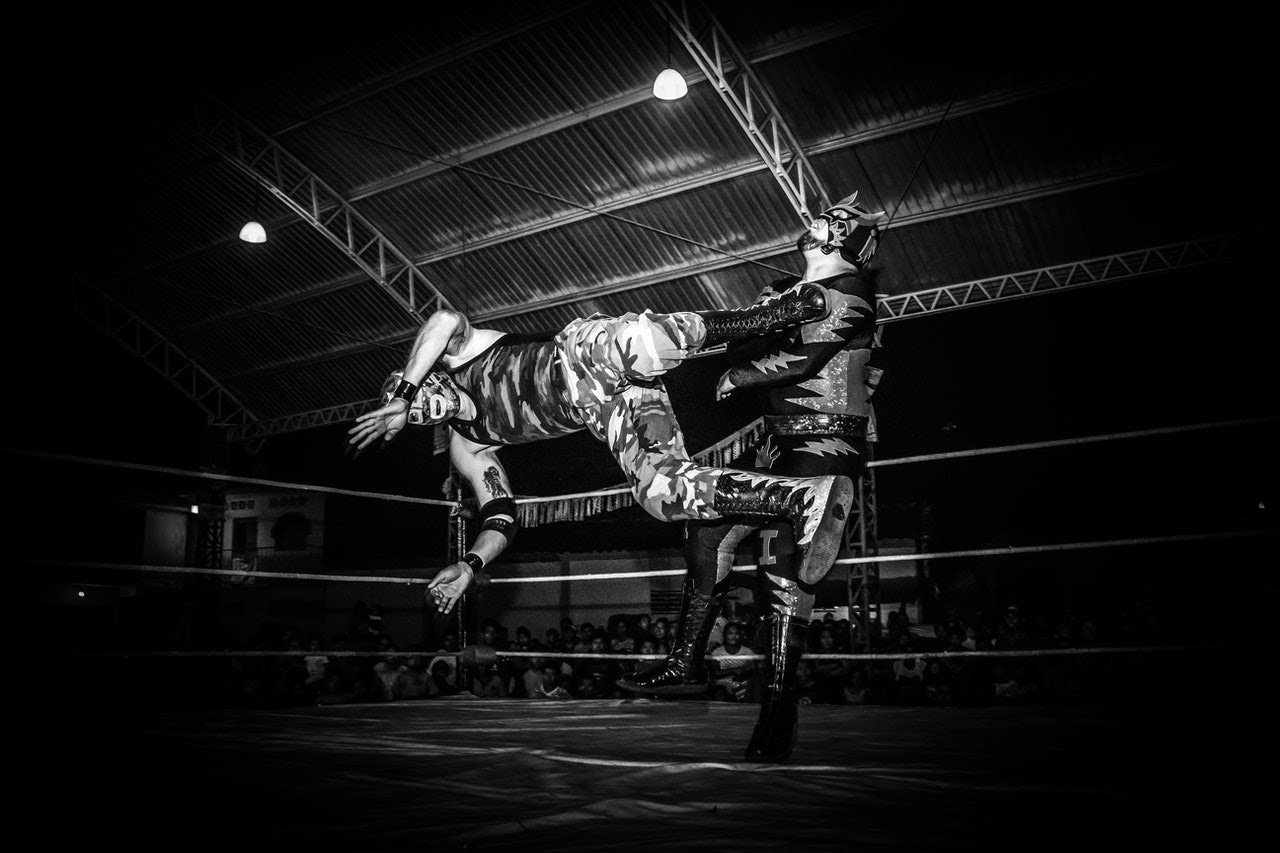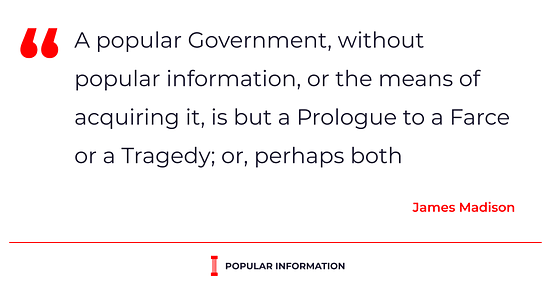 |
Large segments of the American economy have been shuttered for nearly a month. Sixteen million Americans have already applied for unemployment. Many more have been furloughed or seen their pay cut. Around the country, businesses are struggling to survive.
With limited resources, the economic fate of millions rests with the government. Which businesses will be allowed to re-open? Which will receive cash or other economic relief? And which will be left to their own devices?
These decisions should be guided by science and geared to the collective good. But some businesses with money and political influence are being rewarded with favorable treatment.
Florida Governor Ron DeSantis (R-FL) instituted a stay-at-home order on April 3. The order states that “all persons in Florida shall limit their movements and personal interactions outside of their home to only those necessary to obtain or provide essential services or conduct essential activities.”
DeSantis has subsequently decided that WWE wrestling is an “essential service.” As a result, the WWE “will continue taping and airing live from the empty WWE Performance Center near Orlando.”
Orange County Mayor Jerry Demings, whose jurisdiction includes the WWE facility, said at a press conference on Monday that he initially did not think the WWE was “essential.” But the Governor’s office intervened.
I think initially there was a review that was done and they were not initially deemed an essential business. With some conversation with the governor’s office regarding the governor’s [stay-at-home] order, they were deemed an essential business. Therefore, they were allowed to remain open.
The decision to greenlight WWE shows was made even though at least one WWE employee has tested positive for COVID-19.
DeSantis’ office formalized the decision in a little-noticed memorandum, issued April 9, that made this addition to the list of “essential services.”
Employees at a professional sports and media production with a national audience - including any athletes, entertainers, production team, executive team, media team, and any other necessary to facilitate including services supporting such production -- only if the location is closed to the general public.
Desantis’ decision was covered by ESPN, CNN, and CBS News. But here is something none of those publications bothered to mention: the co-founder of the WWE is Linda McMahon. Her husband, Vince McMahon, is the CEO.
Why is that important? Linda McMahon is a former member of the Trump cabinet, serving as the Administrator of the Small Business Administration from 2017 to 2019. McMahon left her post in the Trump administration to the pro-Trump super PAC America First Action. In a June 2019 interview, McMahon said she planned to raise $300 million to help Trump get reelected. She and her husband have also personally donated millions.
DeSantis is a close ally and a reliable defender of Trump. He has frequently praised Trump’s handling of the pandemic.
The WWE produces plays about a fictional wrestling league. But, because of its political connections, it gets to operate. The decision will likely be a windfall for the WWE, which now gets to air live broadcasting with no competition from other sports.
Hedge funds are just like hair salons, according to hedge funds
Getting designated “essential” is one way for a business to survive the pandemic. Another way is to get money from the government. There has been $350 billion set aside for forgivable loans for small businesses.
That money, however, is running out quickly, and independent businesses without established lending relationships with banks are being sent to the back of the line. Hedge funds, meanwhile, are jockeying for some “free money” before the fund runs out.
Bloomberg reports that “[s]ome hedge funds already have applied, filling out forms to show they have fewer than 500 employees and certifying the ‘current economic uncertainty makes this loan request necessary to support the ongoing operations.’” Hedge funds are eligible because they “are designed to employ as few people as possible so star traders don’t have to share millions of dollars in fees.”
Unlike other businesses applying for cash, of course, nothing about the pandemic impedes the ability of hedge funds to operate normally and collect lucrative management fees. Nevertheless, some hedge funds “insist they are small businesses -- just like hair salons, restaurants and dry cleaners -- that could use a helping hand after global markets tumbled and cost them money.”
Donald Motschwiller, who runs the hedge fund First New York, said “he was still deciding whether to request money that could be used to pay employees, including a receptionist and office manager, who are still on the payroll even though, with everyone at home, they essentially don’t have jobs to do.” Motschwiller manages $2.9 billion in assets.
Seizing stimulus checks
As part of the multi-trillion dollar pandemic relief package signed by Trump last month, most Americans are eligible for a one-time payment of $1200, plus an additional $500 for each child. (Single adults who earn up to $75,000, and couples that earn up to $150,000, will receive the full amount. The benefit phases out completely for individuals who earn $99,000 or more and couple that earn $198,000 or more.)
But some Americans who are eligible for a check may never see the money.
The American Prospect reports that “Congress did not exempt CARES Act payments from private debt collection, and the Treasury Department has been reluctant to exempt them through its rulemaking authority.”
That means that, once the money lands in Americans’ accounts, banks could seize the cash “to pay off delinquent loans, overdraft fees, or other charges.” The money could also be garnished by private debt collectors. This would completely defeat the purpose of the money, which is to help struggling Americans with their immediate economic needs. Social Security and other government benefits are exempt from most garnishment.
Twenty-five state attorneys general wrote the Treasury Department and asked for regulations to prevent this from happening. But the Treasury Department has refused to do so and, instead, has told banks there is “nothing in the law that precludes” them from seizing the funds to pay debts.
In response to an inquiry from The American Prospect, only JPMorgan Chase said they would not seize stimulus funds to pay debts. Wells Fargo, Bank of America, Citibank, and U.S. Bank did not comment.
According to Treasury Secretary Steve Mnuchin, the money will be deposited into the bank accounts of 80 million Americans by the end of Wednesday.
Photo by Mike González
There are no advertisers or wealthy donors behind Popular Information. This publication exists because of readers like you. Support independent accountability journalism with a paid subscription.
Thanks for reading!


